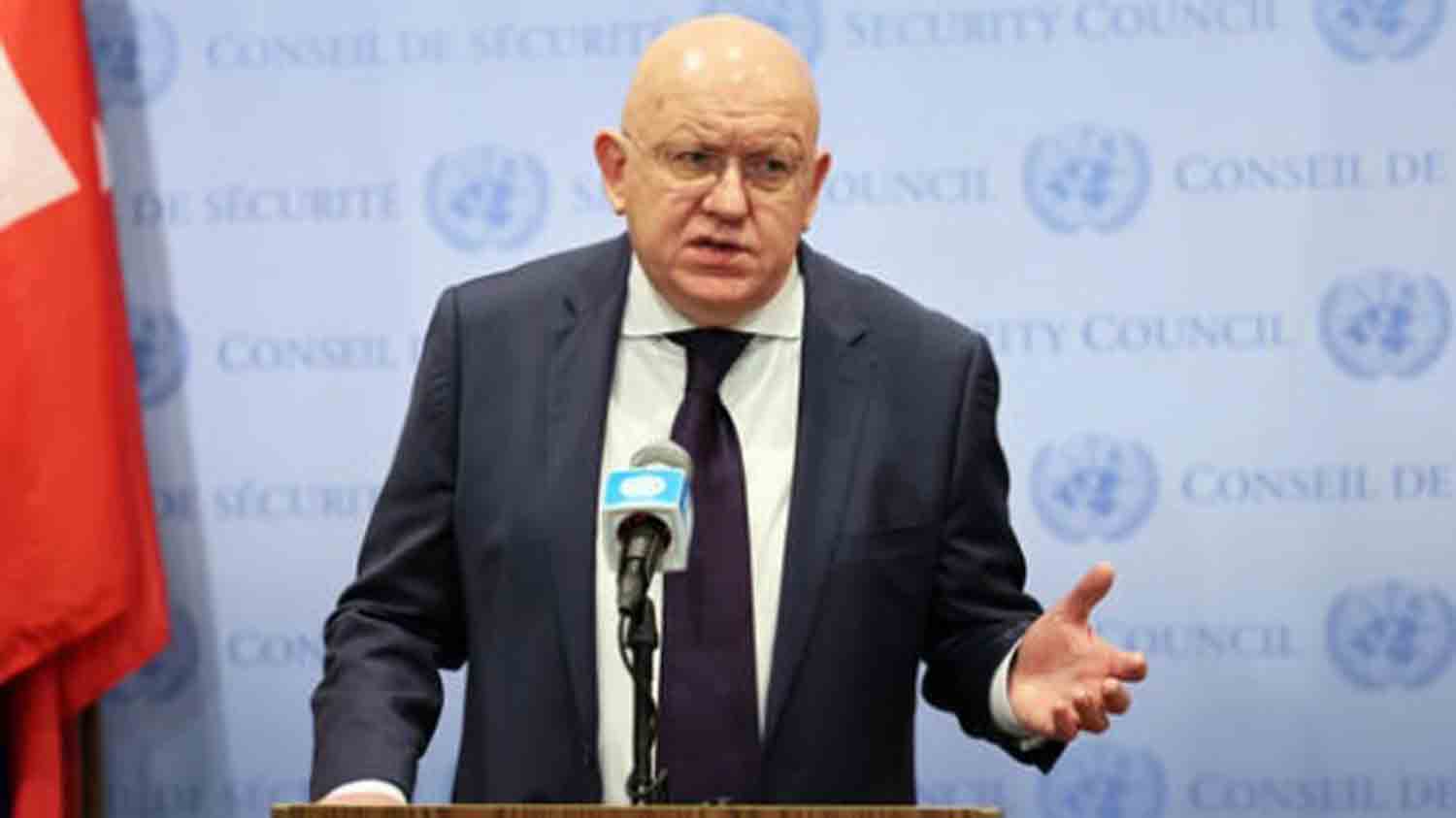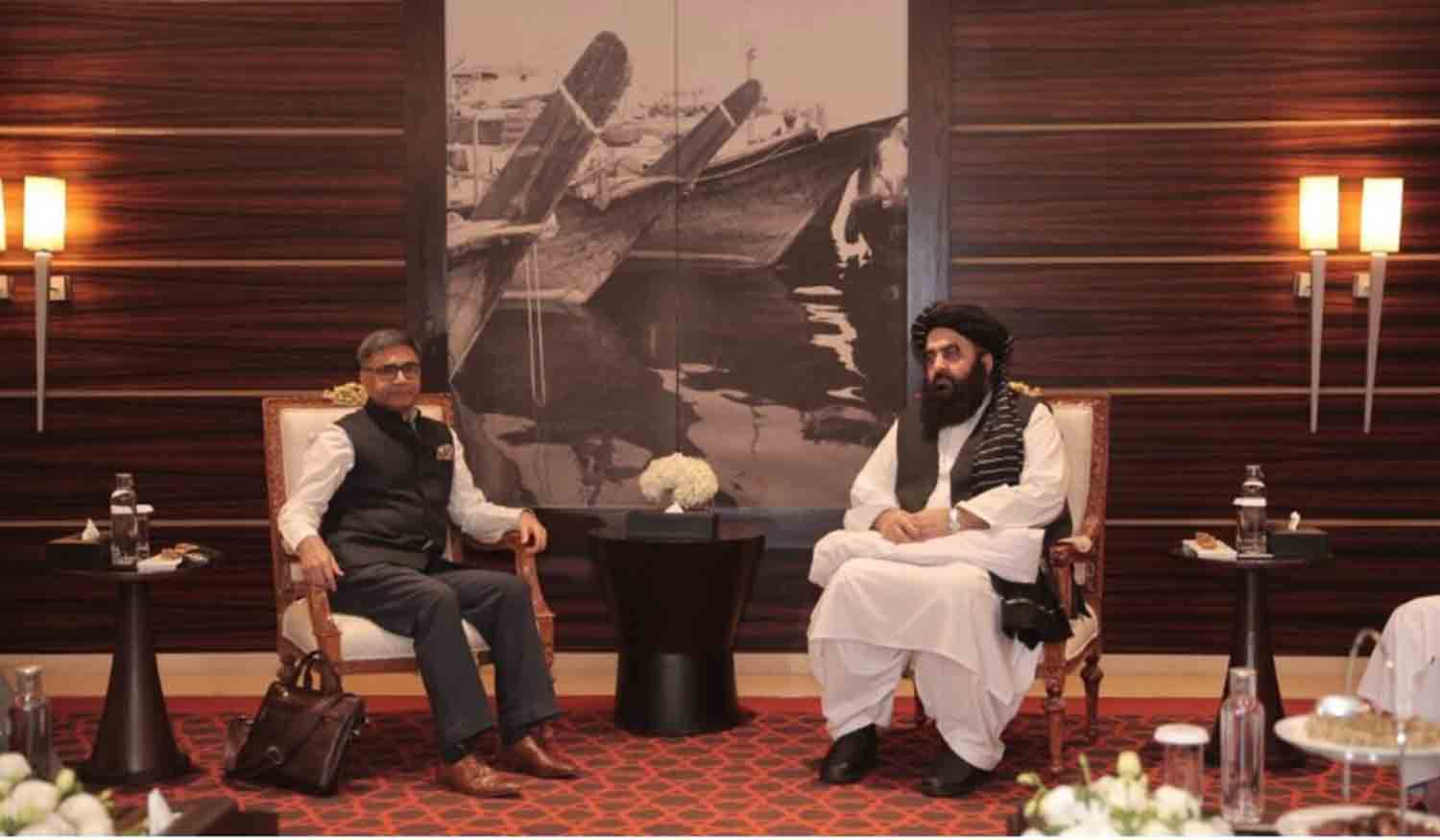U.S. experts indicate that the transfer of Russian space technologies to Pyongyang, in exchange for its backing of Moscow’s military actions in Ukraine, could significantly bolster North Korea‘s intercontinental ballistic missile (ICBM) capabilities.
During a press briefing in Seoul on Monday, U.S. Secretary of State Antony Blinken stated, “The DPRK [North Korea] is already receiving military equipment and training from Russia. We now have credible information suggesting that Moscow plans to provide advanced space and satellite technology to Pyongyang.”
U.S. defense officials report that North Korea has sent approximately 12,000 troops to Russia, with around 1,000 already reported as casualties in the conflict against Ukrainian forces in the Kursk region.
For several months, high-ranking diplomats and defense analysts have noted that North Korea is expecting technical support from Russia for its nuclear and missile initiatives in return for its assistance.
Robert Peters, a research fellow specializing in nuclear deterrence and missile defense at the Heritage Foundation, pointed out that any technological aid from Russia is likely to focus on advancing North Korea’s ICBM program, disguised as support for non-military satellite initiatives, since technologies for space launch vehicles can also be utilized for ballistic missiles.
“It would be politically difficult for Russia to publicly declare its intention to assist North Korea with its ICBM program,” Peters remarked to VOA’s Korean Service on Tuesday. “The Russians can maintain a pretense of merely aiding North Korea with a satellite program. However, I believe no one is deceived by this.”
Peters identifies two significant areas where North Korea could gain from Russia’s space program: accuracy and reliability, both essential for the effective delivery of nuclear warheads.
“Achieving precise targeting for the warhead package is a complex challenge,” he noted. “Over the last 35 years, both the United States and Russia have developed methods to accurately deliver warheads that were not feasible during the Cold War.”
He also pointed out that North Korean engineers have faced difficulties in ensuring that warheads can survive reentry from space while still producing a viable yield.
Vann Van Diepen, who held the position of deputy assistant secretary of state for international security and nonproliferation from 2009 to 2016, informed VOA Korean that advancements in satellite deployment and maneuvering technologies could bolster North Korea’s intercontinental ballistic missile (ICBM) capabilities.
“If technology related to space launch vehicles or boosters is transferred under the guise of ‘space technology,’ it could potentially enhance liquid-propellant ICBMs,” Van Diepen stated.
Numerous satellites are known to utilize liquid propellants for improved efficiency and control.
Bruce Bennett, a senior defense analyst at the RAND Corporation, added that components from satellite launch vehicles could be repurposed for North Korea’s liquid-fueled ICBMs.
“This could potentially extend the range or increase the payload capacity of a liquid-fueled ICBM, allowing it to carry additional warheads,” Bennett remarked.
Most of the identified intercontinental ballistic missiles (ICBMs) in North Korea are thought to utilize liquid propellants.
Emerging Threat
Peters indicated that support from Russia could represent a significant risk to the continental United States.
“The primary motivation for North Korea to develop ICBMs is to aim at the United States, as they do not require ICBMs to target South Korea or Japan,” he stated, noting that this situation might lead East Asian allies to question whether Washington could uphold its regional deterrence obligations in the face of a direct threat.
Even in the absence of direct technology transfers related to ICBMs, Van Diepen remarked that improved satellite technology in North Korea poses a threat to the U.S. and its allies.
“If Russia assists North Korea in enhancing its reconnaissance satellites — such as providing higher resolution imaging — it would bolster North Korea’s targeting and intelligence capabilities. This, of course, is detrimental to both the United States and the alliance,” Van Diepen explained. “Thus, even without technology transfers that would directly benefit North Korea’s ICBM initiatives, this development remains unfavorable and something the United States would oppose.”
In November 2023, North Korea declared that it had successfully placed a military reconnaissance satellite into orbit following two unsuccessful attempts. According to The Associated Press, Seoul suspects that support from Russia played a significant role in this achievement.
Bruce Bechtol, a former U.S. defense intelligence officer, informed VOA Korean that North Korea has been focused on improving its satellite capabilities for intelligence, surveillance, and reconnaissance purposes.
“The North Koreans have previously launched a satellite into orbit, but they require specific technology for intelligence collection, which they would need to acquire from a benefactor, either China or Russia,” he explained. “It seems they are obtaining this technology from Russia, which is concerning.”
China’s Position
China has been navigating a delicate balance between its apprehensions regarding the potential transfer of missile technology from Russia to North Korea and its relationships with both Moscow and Pyongyang.
“North Korea and Russia are two independent sovereign states. The development of their bilateral relations is a matter for them to decide,” stated Liu Pengyu, a spokesperson for the Chinese Embassy in Washington, in an email to VOA Korean on Tuesday.
On Monday, North Korea announced the launch of what it described as a new hypersonic intermediate-range missile, which traveled approximately 1,100 kilometers before falling into the sea off its eastern coast. This test occurred just two weeks prior to the return of U.S. President-elect Donald Trump to office. During his first term, Trump engaged in three meetings with North Korean leader Kim Jong Un, but those discussions ultimately failed to yield a nuclear agreement.
Experts, including Bennett, speculate that Russia may have provided North Korea with insights into advanced materials, such as the new carbon fiber that Pyongyang claims to have utilized in the development of this missile.
“They conducted a hypersonic missile test earlier last year, indicating they had already acquired some of that technology. However, in most technological advancements, there is a progression from basic to advanced capabilities,” Bennett noted. “It is likely that Russian scientists have collaborated with their North Korean counterparts to enhance the missile’s design compared to what was tested a year ago.”
Discover more from Defence Talks | Defense News Hub, Military Updates, Security Insights
Subscribe to get the latest posts sent to your email.





